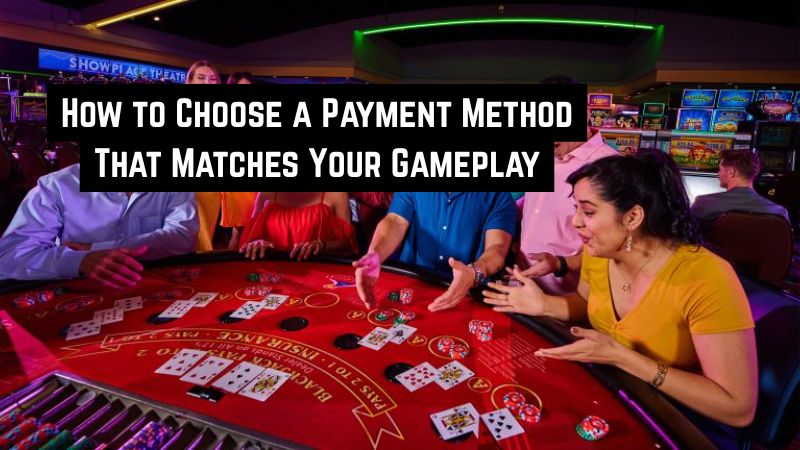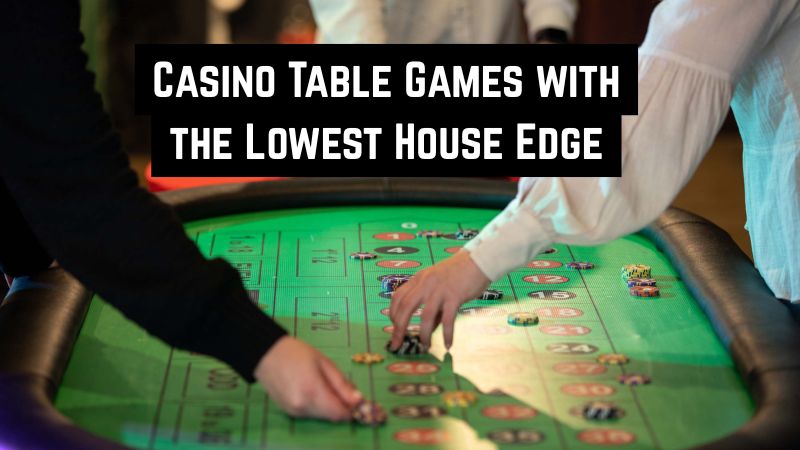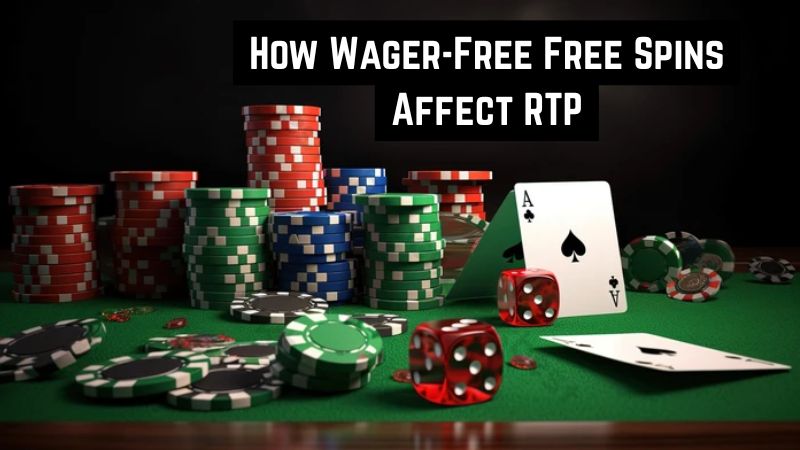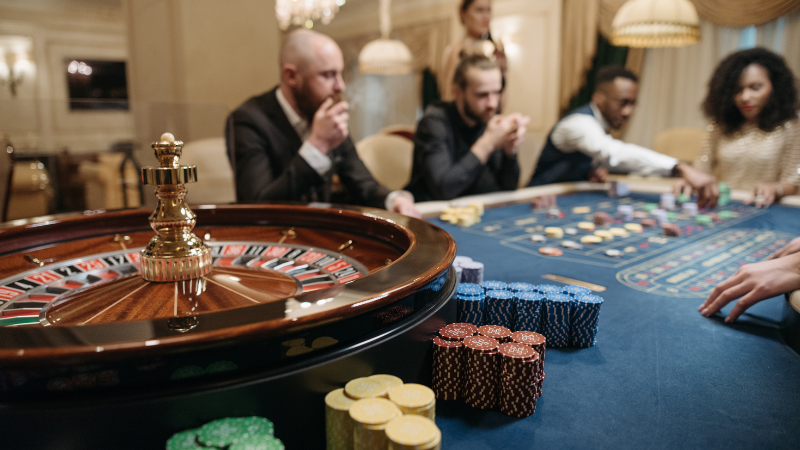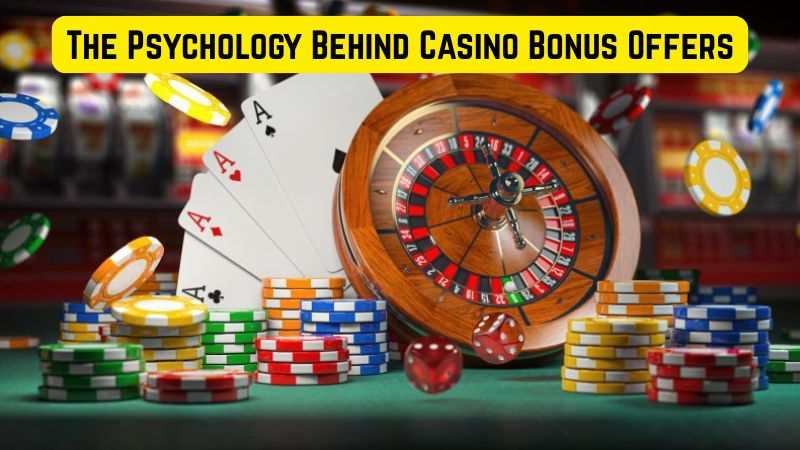
Casino bonus offers have become a popular marketing strategy for online gambling platforms. These bonuses, designed to attract new players or retain existing ones, can range from free spins to deposit matches, and more. While these bonuses seem like a great deal for players, they are actually rooted in a deep understanding of human psychology. Let’s dive into how casino bonus offers work and why they’re so effective.
The Appeal of Freebies
Everyone loves getting something for free. Free stuff triggers an emotional response that makes us feel good about ourselves. For casinos, offering bonuses like free spins or free credits is an effective way to draw players in. The idea of “free” creates a sense of value without the need for a large upfront investment. This psychological trigger, known as reciprocity, can make players more likely to continue playing and even make deposits later.
By offering something for free, casinos capitalize on the human tendency to reciprocate. Players may feel an unspoken obligation to keep playing or deposit real money because they’ve received something without having to pay for it upfront. It’s a simple yet powerful tactic.
FOMO (Fear of Missing Out)
Fear of missing out, or FOMO, is a powerful motivator that casinos use effectively in their marketing strategies. Limited-time offers, special promotions, and seasonal bonuses are all designed to trigger this fear. The idea is simple: if players don’t act quickly, they might miss out on a great deal.
The scarcity principle plays a significant role here. When a casino offers a bonus that’s only available for a short period, it creates a sense of urgency. Players feel pressured to take advantage of the offer before it disappears. This feeling of urgency can lead to impulsive decisions, such as signing up for an account or making a deposit, which benefits the casino.
The Excitement of Winning
Casino games are inherently exciting because they involve the possibility of winning big. By pairing this excitement with bonuses, casinos enhance the experience. For example, a no-wagering bonus allows players to keep their winnings, making the idea of playing even more thrilling. The chance to win money while getting free credits or spins is a win-win situation, and it amplifies the rush of playing.
This combination of excitement and reward triggers the brain’s pleasure centers, which are linked to the release of dopamine. Every time players win, even if it’s with bonus money, they experience a surge of dopamine that reinforces the desire to play more. This connection between rewards and pleasure is why casino bonuses are so effective at keeping players engaged.
Gamification and Loyalty
Gamification is a strategy that many industries, including online casinos, use to make the experience more engaging. Loyalty programs are one example of gamification in action. By offering bonuses based on how much a player spends or how often they play, casinos create a sense of achievement and progression.
The psychology behind loyalty programs is rooted in our need for recognition and reward. Players feel a sense of accomplishment when they reach a new level or earn additional rewards. This sense of progression encourages continued engagement. Players often return to casinos, hoping to reach the next milestone and unlock even more bonuses.
The Illusion of Control
One of the psychological factors that make casino bonuses so effective is the illusion of control. Many players believe they can influence the outcome of games, even though they are purely based on chance. Casino bonus offers, such as free spins or no-deposit bonuses, capitalize on this illusion by making players feel as though they have some level of control over their luck.
By providing bonuses that allow players to try games risk-free, casinos give players the feeling of having control without the risk of losing money. This feeling can encourage them to play longer, as they believe they have a better chance of winning, even though the odds may not be in their favor.
The Power of Repetition
Repetition is another psychological principle that casinos use to great effect. Many online casinos offer recurring bonuses, such as reload bonuses or weekly free spins, to keep players coming back. Repetition is powerful because it creates familiarity and reinforces habits.
When players receive bonuses consistently, they begin to expect them. This anticipation of future rewards can keep them engaged over time. Players may also develop a routine of checking the casino regularly for new bonuses, and this repeated behavior can turn into a habit, leading to increased playtime and deposits.
The Social Proof Effect
Humans are social creatures, and we often look to others to guide our decisions. Casinos use this principle through user reviews, testimonials, and shared experiences to make players feel more comfortable signing up or depositing money. When a player sees that others have had positive experiences with a casino’s bonuses, they’re more likely to trust the platform and join in.
Social proof is particularly effective when it comes to online gambling, where players are often making decisions based on limited information. Seeing other players winning big with bonuses can create a sense of reassurance, prompting new users to try their luck as well.
The “Chasing Losses” Mentality
Another psychological factor that casinos exploit is the “chasing losses” mentality. After losing money, players often feel the urge to continue playing in hopes of winning back what they lost. Bonuses are an effective tool in this situation, as they give players the illusion of extra chances to win without spending additional money.
Casinos can use this psychological tendency to their advantage by offering bonuses that seem like a chance to recover from losses. This creates a cycle of play where players keep coming back to the casino, hoping that the next bonus will help them recover their losses, even though this is a dangerous mindset in gambling.
Conclusion
Casino bonus offers are more than just an attractive perk; they are carefully crafted strategies that tap into deep psychological principles. From the thrill of free offers to the fear of missing out and the excitement of potential rewards, these bonuses leverage human emotions to drive engagement and keep players coming back. Understanding the psychology behind these bonuses can help players make more informed decisions about how and when to take advantage of them. For casinos, it’s all about creating a compelling experience that encourages players to keep playing, win or lose.

